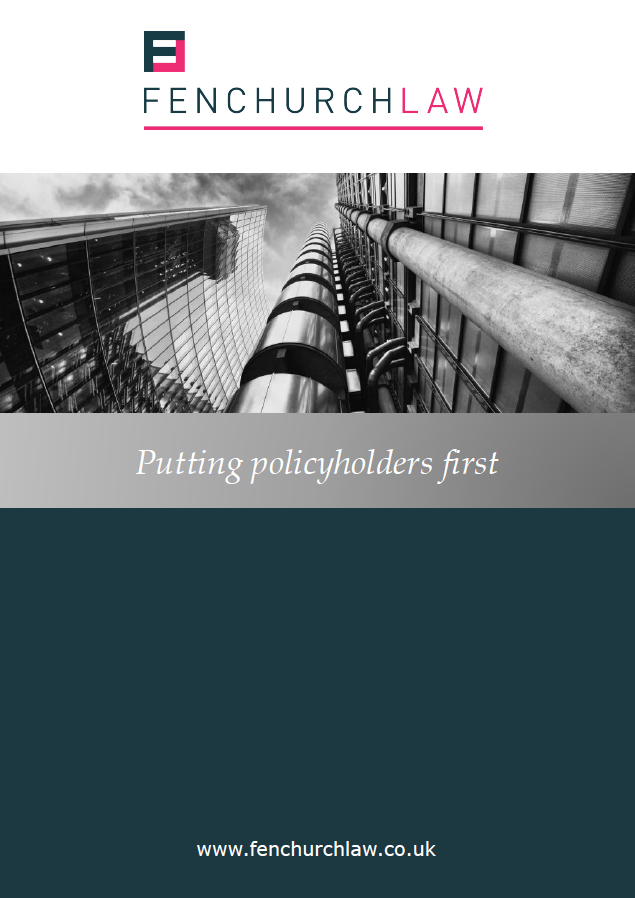
Privy Council finds that a policyholder’s alteration of invoices submitted in support of an insurance claim did not constitute a “fraudulent device”
The case of Beacon Insurance Company Ltd v Maharaj Bookstore Ltd [2014] UKPC21 concerned an insurance claim arising from a fire and the insurance company’s rejection of that claim on the ground that part of it had involved fraudulent devices.
A fire at Marahaj’s premises had destroyed stock worth in the region of $750,000.00 Insurers refused indemnity on the basis that some of the invoices submitted in support of the insurance claim had been altered by the policyholder (the policy included an express condition that all benefit under the policy would be forfeit if any fraudulent means or device was used by the policyholder).
The trial judge accepted that the policyholder had altered certain invoices, but that the alterations had not been made for any fraudulent purpose or with any fraudulent intention. Rather that the stock in question had genuinely been purchased by the insured. The Court of Appeal allowed an appeal by the insurers, and the Privy Council has now overturned the Court of Appeal’s decision and reinstated the first instance decision in the policyholder’s favour.
In reaching its decision the Court emphasised that in the leading case on fraudulent devices (Agapitos v Agnew [2003] QB 556) it was made clear that a fraudulent device requires not only an intention that an action will improve the policyholder’s position in relation to the processing of a claim, but also that the policyholder’s intention is dishonest. As quoted by the Privy Council from the judgment of Mance LJ in Agapitos:
“a fraudulent device is used if the insured believes that he has suffered the loss claimed but seeks to improve or embellish the facts surrounding the claim by some lie (the Board’s emphasis).”
The Privy Council found that the Judge at first instance had been entitled to decide that the policyholder’s alteration of invoices submitted to the insurer was free of any dishonest intent. In the words of the Privy Council:
“while foolish, such tampering was far from conclusive evidence of dishonesty on [the policyholder’s] part”.
David Pryce comments on the case:
‘Insurance law is technical and often counter intuitive. However, underpinning it is the basic principle that insurers should pay, promptly and in full, genuine claims made by honest policyholders. It is sometimes easy to forget that the technicalities and complexities of insurance law are all designed to meet that simple principle. This decision is another in an increasingly long line which show the Courts taking a pragmatic and flexible approach in order to keep that principle in the foreground where it belongs.’
Other news
Commercial Court grounds War Risks insurers in landmark Russian aircraft judgment
30 June 2025
Please find a link to the judgment here - Russian Aircraft Lessor Policy Claims [2025] EWHC 1430 (Comm) Introduction On…
You may also be interested in:
Archives
Categories
- Business Development
- Construction & Property Risks
- News
- International Risks
- Legislation
- Financial & Professional Risks
- Case Law
- Professional Risks
- Press Release
- Uncategorized
- The Good, the Bad and the Ugly
- Fenchurch Law Webinars
- Stonegate
- Newsletter
- Events
- Webinars
- Comparing German and English Insurance Law – A Series
- Construction Risks
- Operations



